Table of Content
▲
Nagpur has taken a pioneering step in Maharashtra by becoming the first city to grant TDR certificates to encroached Landowners whose private lands were encroached upon by slum settlements. This innovative move by the Nagpur Municipal Corporation (NMC), guided by Chief Minister Devendra Fadnavis, addresses a long-standing issue that affected both landowners and slum residents. With this scheme, landowners are financially compensated, while slum dwellers gain legal rights to the property they occupy.
Background of the Issue
For years, private plots in Nagpur, particularly in areas like Babulkheda, remained encroached by slum clusters. Landowners were unable to develop their property, while slum residents lived without legal recognition or access to proper documentation. This stalemate created frustration for both parties, leaving the city with unresolved land conflicts and lost development opportunities.
When I read about this issue, it struck me how critical it was for the authorities to implement a solution that balanced property rights with social welfare. The challenge was to compensate landowners fairly while granting legal security to resident,s something that hadn’t been effectively addressed in Maharashtra until now.
Also Read: Navi Mumbai International Airport Opening September 30, 2025: All You Need to Know
The NMC’s TDR Initiative
Under the guidance of Chief Minister Devendra Fadnavis, Nagpur Municipal Corporation (NMC) pioneered a scheme to issue TDR Certificates to Encroached Landowners. This initiative allows landowners whose private property has been occupied by slum dwellers to receive transferable development rights (TDR), which they can sell or use for future construction projects.
At the same time, the initiative doesn’t ignore the slum residents. NMC ensures that the land they occupy is regularized, allowing them to obtain government-approved leases and gain legal recognition. From my perspective, this dual approach makes the scheme truly innovative it’s a win-win for both landowners and residents.
Key Highlights of the Distribution Ceremony
The distribution of TDR certificates took place at Babulkheda, Nagpur, marking a historic event. On the day of the ceremony:
- 19 plot holders received their TDR certificates.
- Municipal Commissioner Abhijeet Chaudhari handed over the certificates.
- Other officials present included Deputy Commissioner Milind Meshram, Town Planner Rituraj Jadhav, and CDSF Head Leena Buddhe.
Being present at the event or even following the news I could feel the significance. For the first time in Maharashtra, official landowners received formal compensation for lands that were encroached decades ago.
Details of the Babulkheda Site
Babulkheda consists of 43 private plots and an 8-acre parcel owned by Indraprastha Society, all under the Ramteke Nagar slum. Out of these, 19 individual landowners and the society applied for TDR certificates and were allotted them proportionately based on plot size.
I find it noteworthy that the remaining landowners will also have the opportunity to apply, ensuring that no one is left out. This step shows NMC’s commitment to fairness and transparency in addressing long-standing property disputes.
Benefits for Landowners
Receiving TDR Certificates to Encroached Landowners provides several advantages:
- Financial Compensation: Landowners can sell their TDRs in the market for monetary gain.
- Property Rights Recognition: Certificates officially acknowledge ownership despite long-term encroachment.
- Development Potential: TDRs can be used for constructing properties elsewhere, enhancing future investment opportunities.
From my viewpoint, this scheme restores both legal and financial empowerment to the landowners, who had been waiting decades for a resolution.
Benefits for Slum Residents
This initiative is equally beneficial for the slum dwellers. NMC takes proactive steps to ensure they gain legal security:
- Land is reserved for housing.
- NMC acquires the land via TDR and registers it under its name.
- Residents receive government-approved leases.
Soon, CM Fadnavis will formally distribute permanent leases, giving thousands of families the legal recognition and housing security they’ve long deserved. Personally, I see this as a major step towards inclusive urban development.
Also Read: NBCC & HUDCO Sign ₹117 Cr MoU for Development Projects in 4 Cities
Broader Impact
Nagpur’s initiative sets a precedent for other municipalities across Maharashtra. The scheme demonstrates how government authorities can resolve property disputes fairly while promoting social welfare.
What I find most impressive is the balanced approach both private property rights and residents’ needs are addressed. This model could inspire other cities facing similar encroachment issues to adopt TDR Certificates to Encroached Landowners as a practical solution.
Conclusion
Nagpur Municipal Corporation has taken a historic step by becoming the first in Maharashtra to issue TDR Certificates to Encroached Landowners. The initiative compensates landowners, regularizes slum residents, and sets a benchmark for innovative urban governance.
From my perspective, this dual-benefit scheme shows how thoughtful urban planning can create harmony between development and social welfare. Hopefully, other municipalities in Maharashtra will follow suit, ensuring that land disputes are resolved while residents gain the recognition and security they deserve.

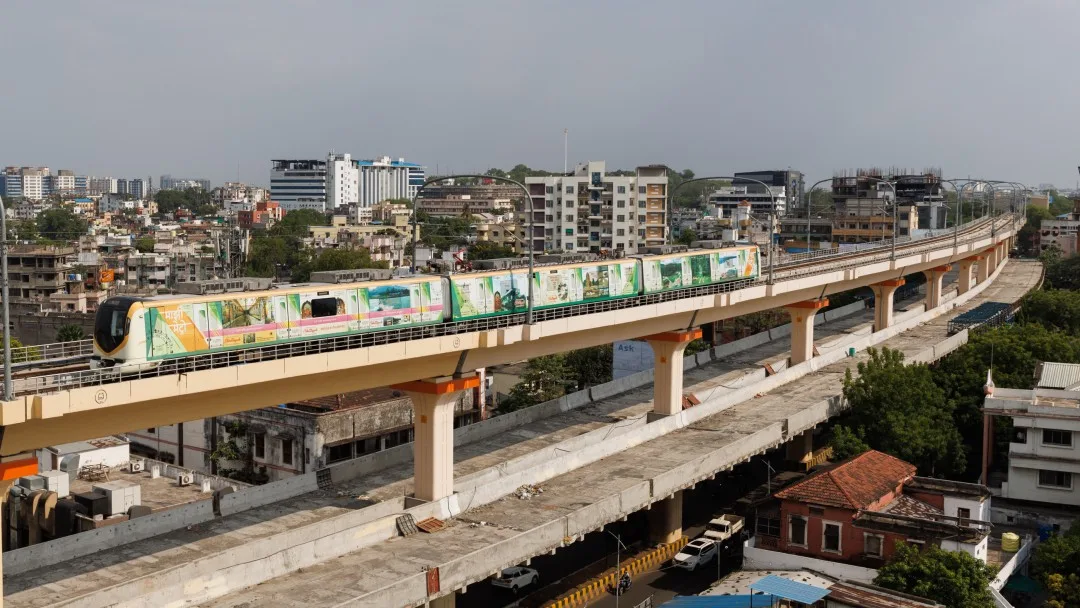
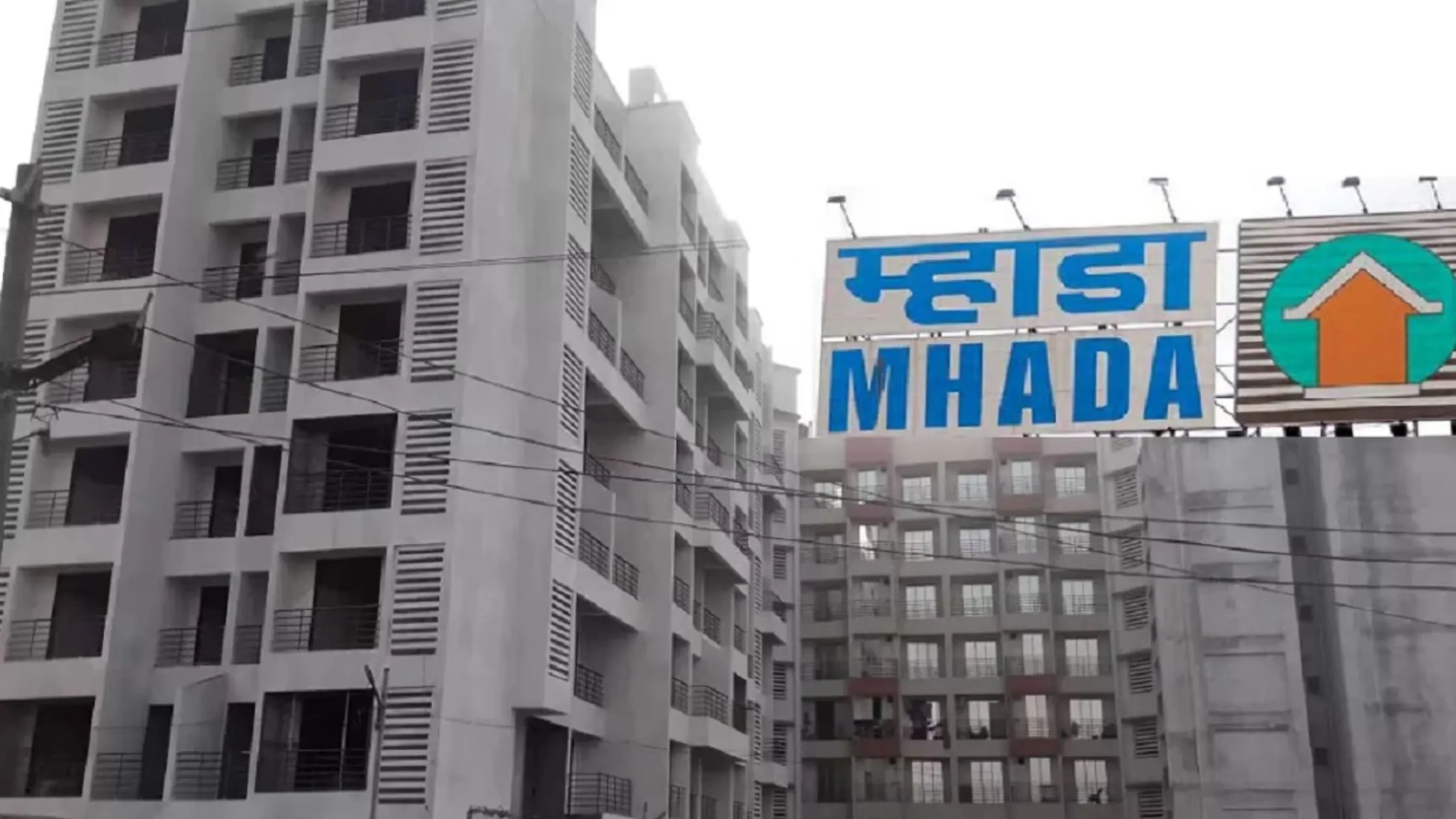
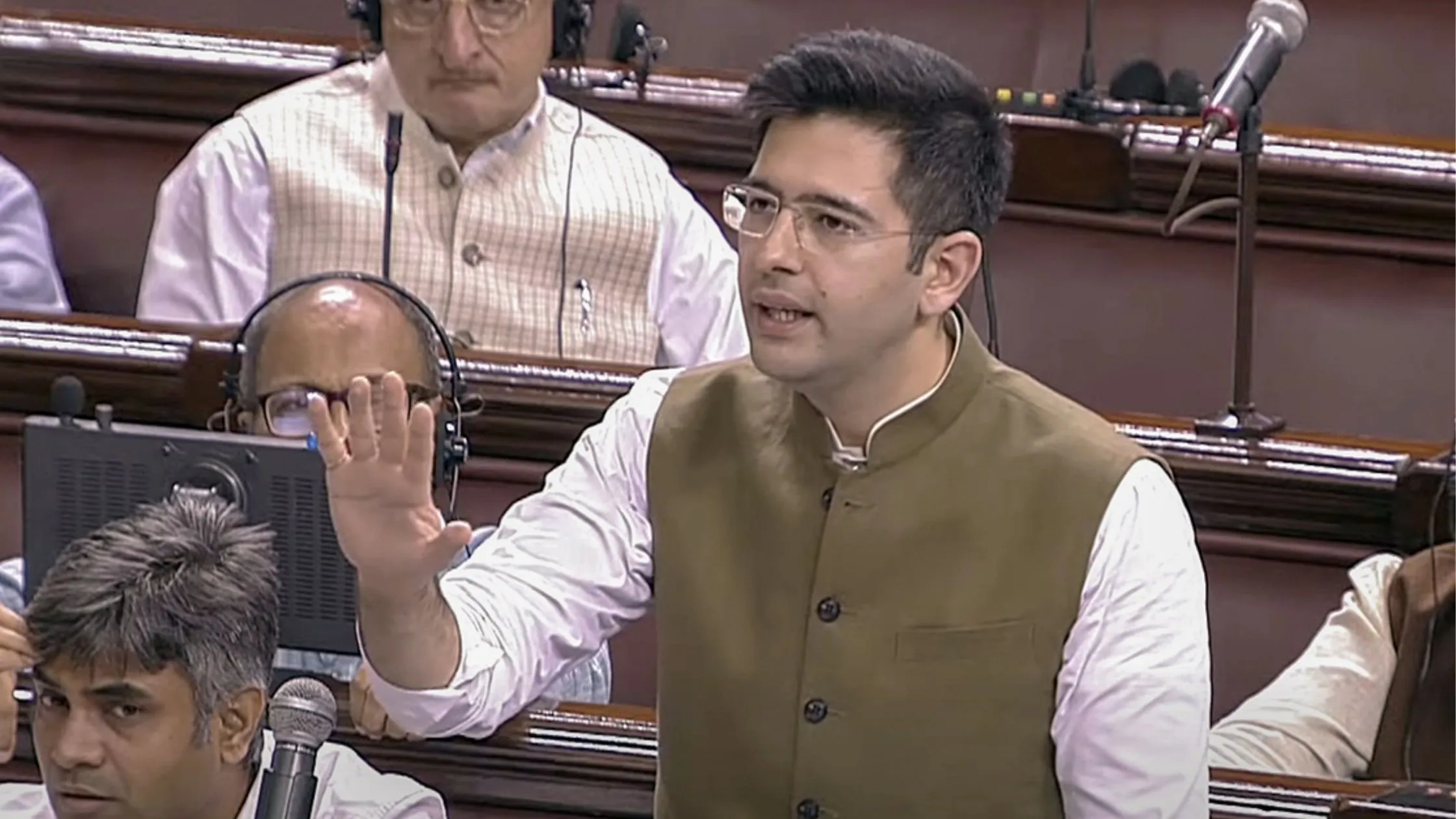
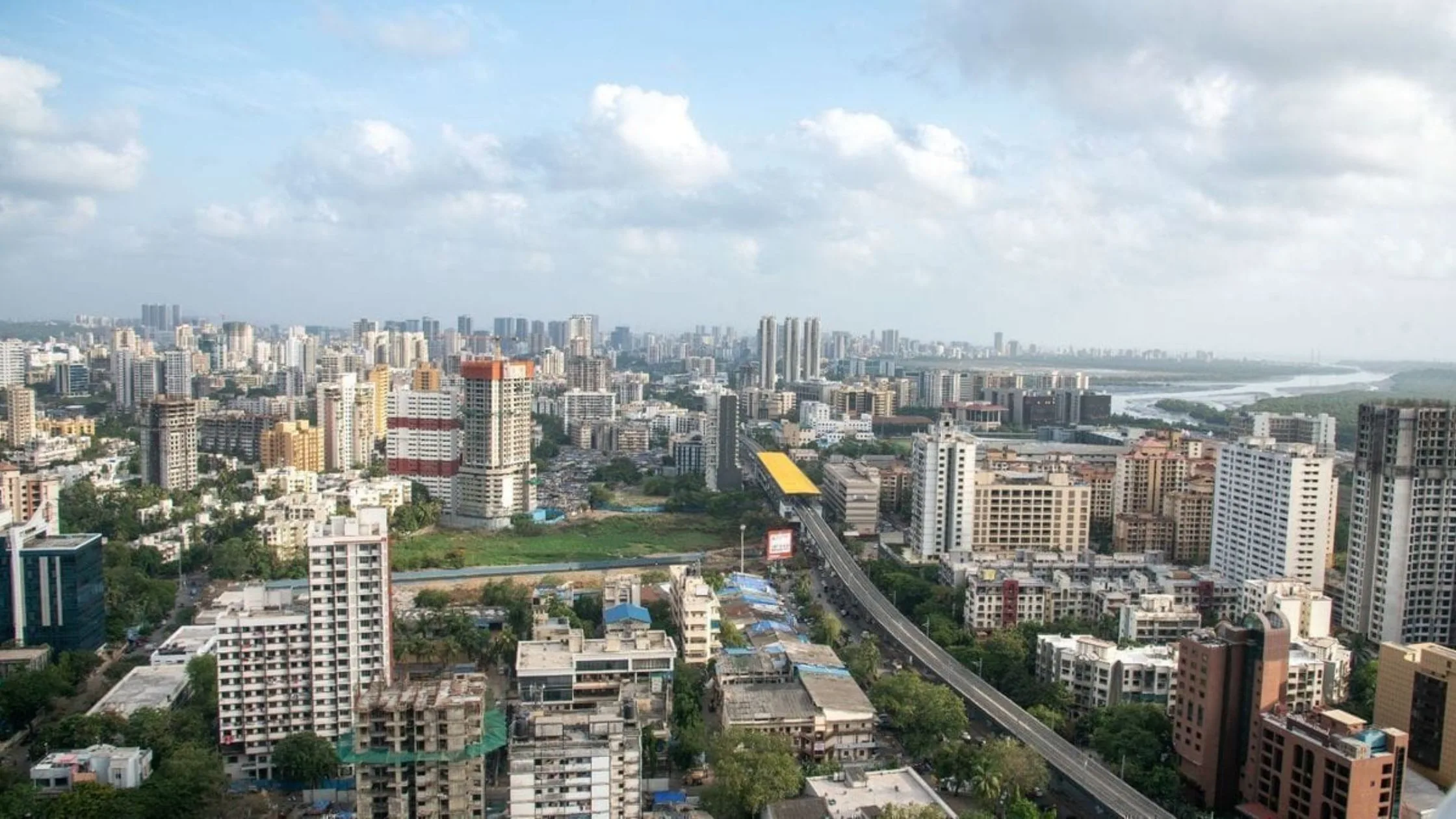


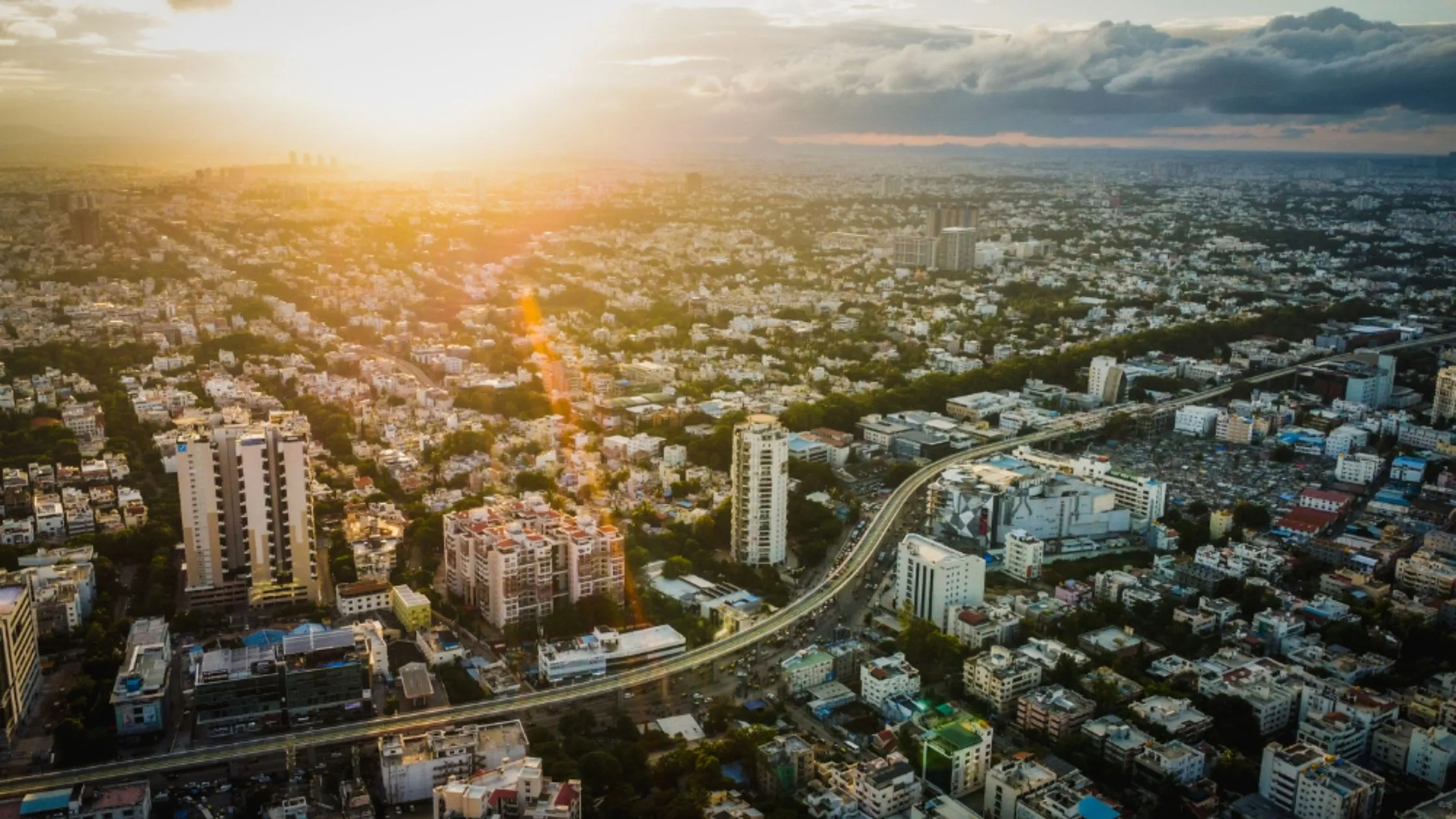
Ans 1. Nagpur Municipal Corporation has become the first in Maharashtra to issue TDR Certificates to landowners whose private lands were encroached by slum settlements, offering them financial compensation and legal recognition of ownership.
Ans 2. TDR stands for Transferable Development Rights. Landowners can either sell these rights in the market for financial gain or use them for future construction projects, restoring both economic and legal control over their property.
Ans 3. The scheme ensures slum dwellers gain legal security by regularizing the land they occupy. Residents receive government-approved leases, giving them formal recognition and housing rights while the land is acquired through TDR.
Ans 4. The first distribution took place at Babulkheda in Nagpur, a site with 43 private plots and an 8-acre parcel under the Ramteke Nagar slum. Nineteen landowners received certificates during this historic event.
Ans 5. The ceremony was led by Municipal Commissioner Abhijeet Chaudhari, with other officials including Deputy Commissioner Milind Meshram, Town Planner Rituraj Jadhav, and CDSF Head Leena Buddhe.
Ans 6. Initially, 19 landowners and the Indraprastha Society were allotted TDR certificates. The remaining landowners will also have the opportunity to apply, reflecting NMC’s commitment to fairness and transparency.
Ans 7. This is the first time in Maharashtra that private landowners affected by slum encroachment are being formally compensated while simultaneously regularizing the occupied land for slum residents, creating a balanced solution for both parties.
Ans 8. By addressing long-standing encroachments, the initiative frees land for future development, enhances property rights, and provides legal housing security for slum residents, setting a benchmark for inclusive urban planning.
Ans 9. Yes, Nagpur’s initiative serves as a practical template for other cities facing similar land disputes, demonstrating how TDR Certificates can balance private property rights with social welfare.
Ans 10. Chief Minister Devendra Fadnavis is expected to formally distribute permanent leases to the residents soon, granting them long-term housing security and legal recognition.